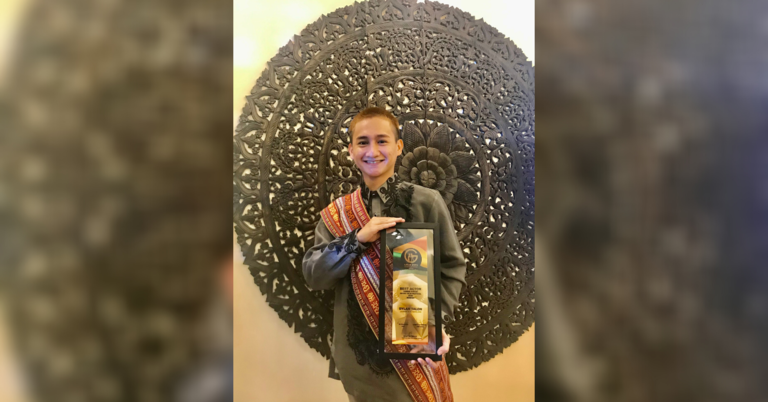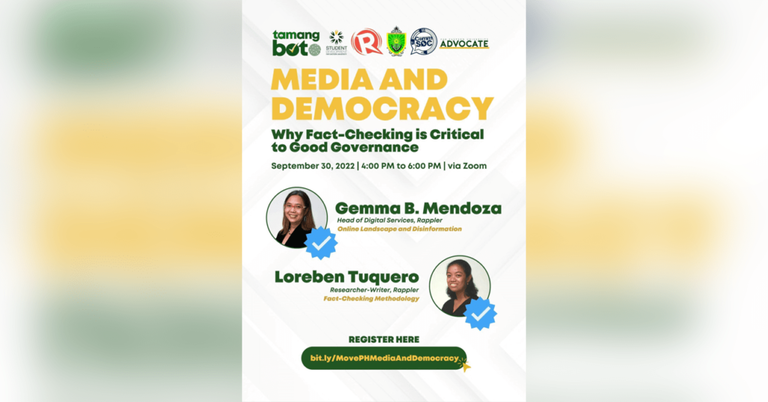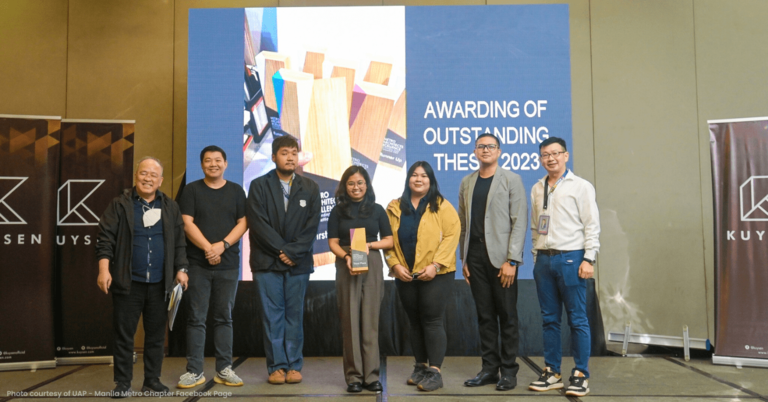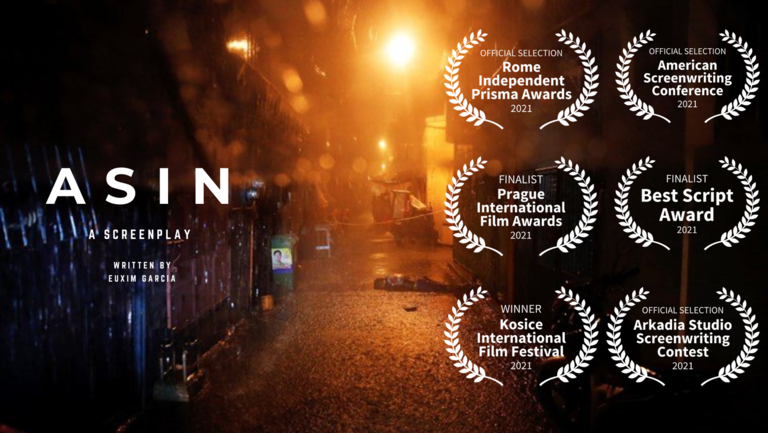
FEU alumnus bags 'best actor' at 2020 Gawad Sining Short Film Fest
- January 27, 2021 04:57
FEU Advocate
September 29, 2022 19:28

By Jemina Eunice G. De Leon and Nichola Gayle D. Manguerra
Far Eastern University (FEU)’s student-led election advocacy group, TAMang Boto will launch its third phase with a webinar on fact-checking for good governance in the current political landscape co-presented by Move.PH of Rappler, FEU Advocate, FEU Communication Society, and FEU Political Science Society on September 30.
Other than deliberating the pivotal role of verifying information for good governance, the ‘Media and Democracy Fact-Checking Campaign’ will discuss how to differentiate facts from a person’s political views and biases. This relevant issue is related to the rampant distribution of fake news in the country, especially during the previously held national elections.
The role of Media
Bounded to provide guidelines on voters’ education, TAMang Boto was created in 2021 by FEU alumnus Rigel Alvaran. Now led by Jonathan Suguitan, a 4th Year Communication student, the advocacy group is in its third phase to discuss the accountability of elected officials.
With the theme, “Media and Democracy", Suguitan hopes that the webinar will serve as an advocate for transparency and accountability in our country.
As the TAMang Boto’s Project Head, Suguitan regards the media as our “watchdogs'' that guarantee all sides of the coin being seen and heard.
“It is easy to present facts as it is, but how they relate to and affect the different sectors of society can only be explored by giving them proper context,” he shared.
Suguitan also raised the fact that we are in a digital age, highlighting the importance of fact-checking. He also emphasized that social media is the new battleground for political discourse and that digital information can easily be distorted.
With social media becoming an essential network of communication, it is all the more crucial for the media to bring proper context to the information being shared.
“Fact-checking is a way for us, whether you are an individual from the media or the government, that the information thrown upon us are true and not decontextualized,” the project head once again reminded.
Fact-checking as a course of action
The problems brought by the spread of fake news in this digital age have become more apparent, as many were continuously misinformed during the national elections. To help address these problems, Suguitan explained that bringing awareness to the Tamaraws must come first.
“We must first debrief the Tamaraw community on what has transpired in the elections. Whether their candidates won or lost, their responsibilities as leaders remain the same," the fourth year student stated.
As information becomes more difficult to examine for its degree of factuality, Suguitan suggested creating a safe, diverse, and inclusive space of conversation within the University. However, he added that the discussion and opinions to be shared must remain rooted in the core values of FEU: Fortitude, Excellence, and Uprightness.
Suguitan also emphasized that students must acknowledge and act upon the crucial role they play in good governance.
The “Media and Democracy Fact-Checking Campaign” which will be held via Zoom encourages students and Filipinos alike to be discreet about the information they read, react to, and share with other people—with promoting media transparency and accountability in mind. After all, fact-checking is the principal key to battling the inherent mobilization of the media as a tool to persuade the general public.









